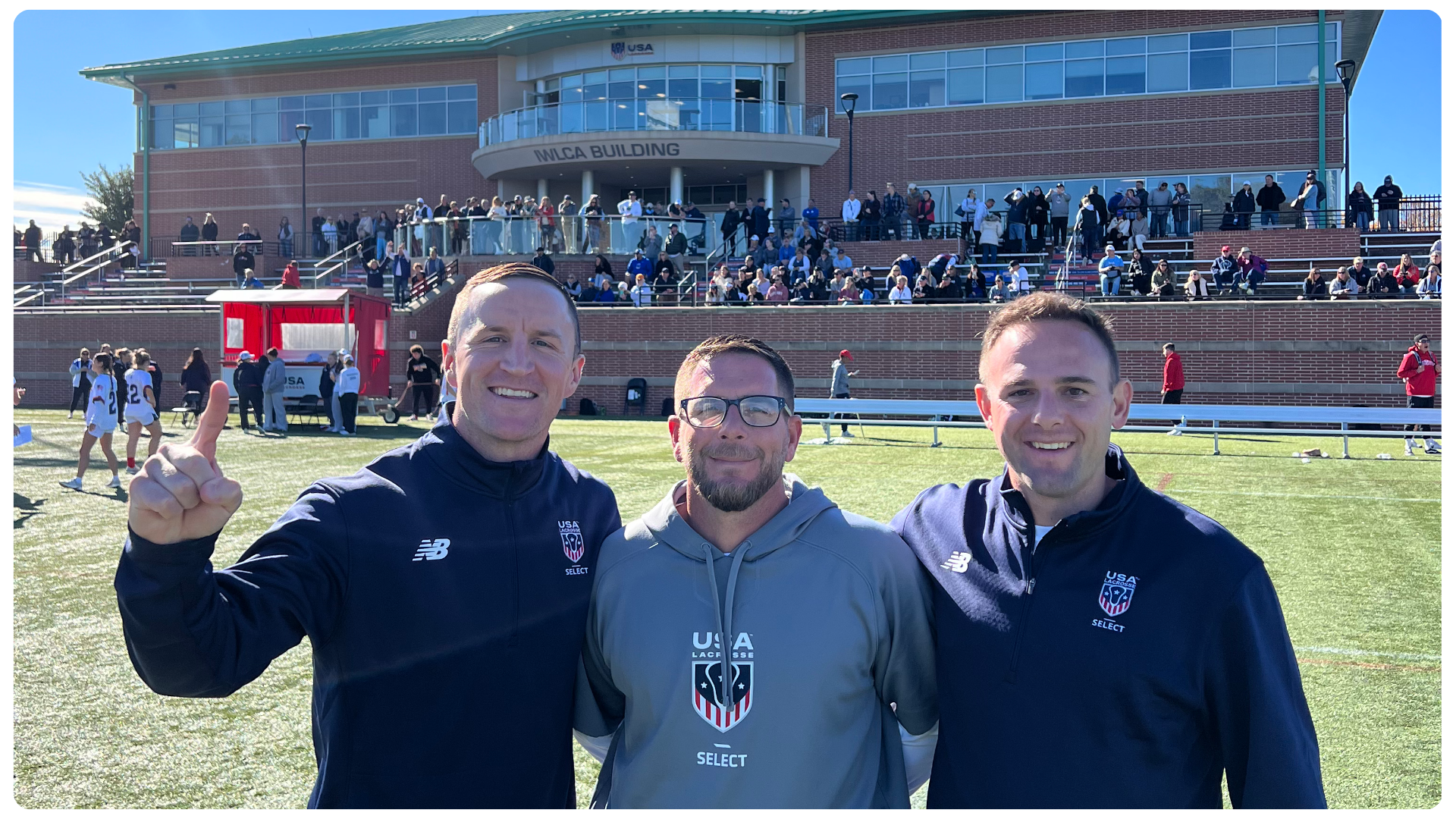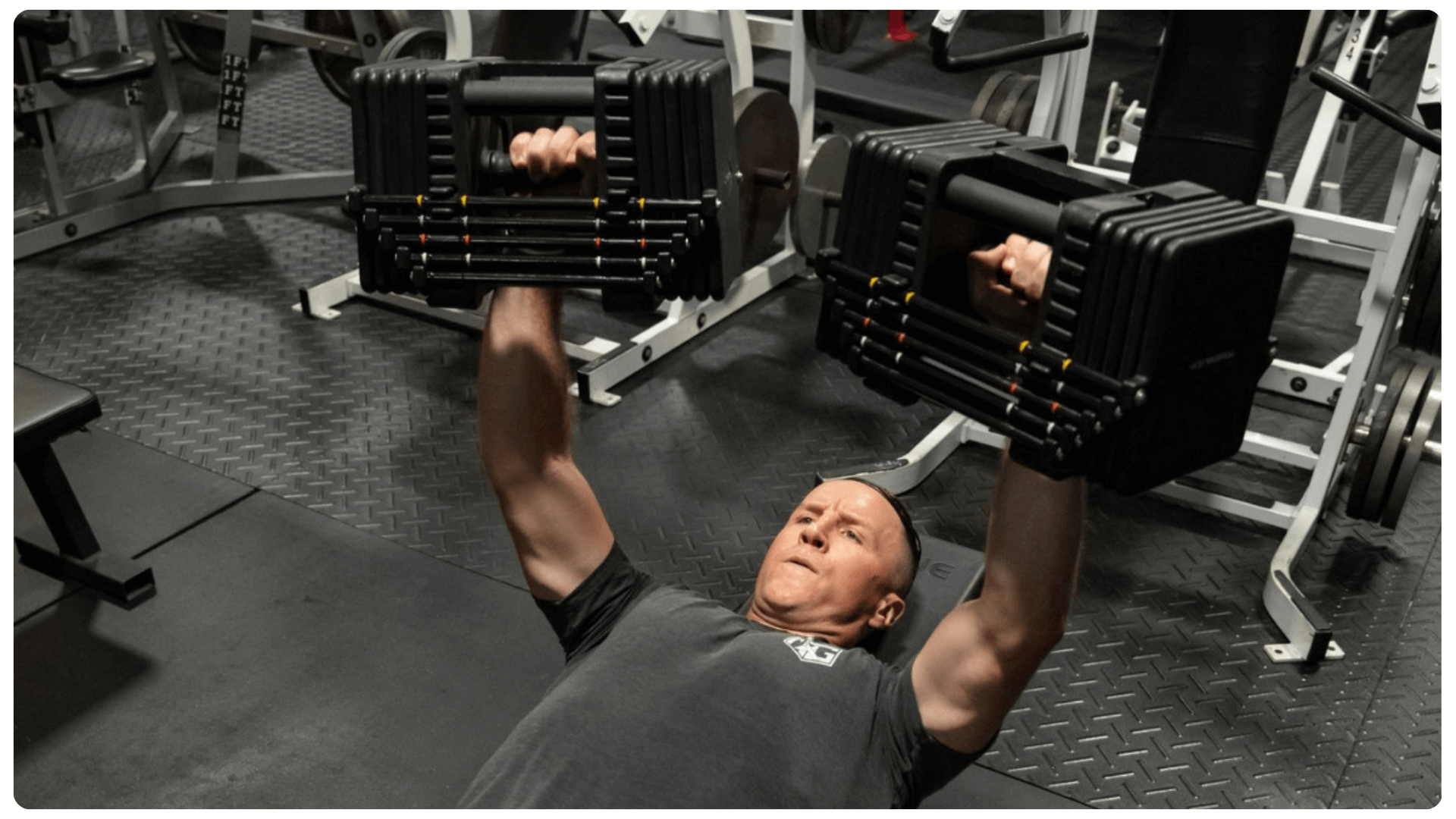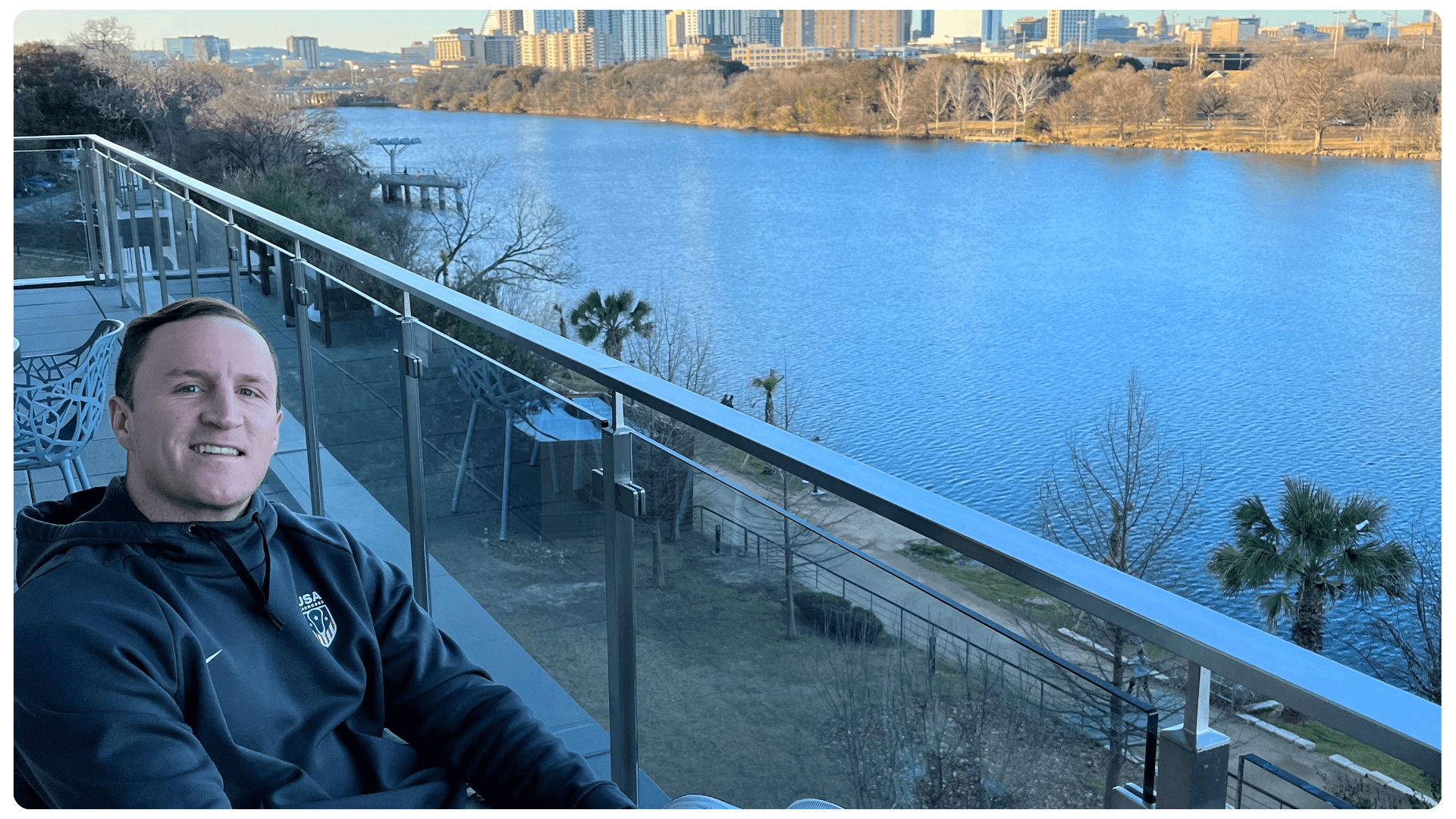Progress or Perspective
There’s only two roads we take at any given time: progress or perspective.

The pursuit of excellence involves interconnected yet distinct dimensions: Peak Performance, Mastery, and Greatness.
[I use excellence intentionally, instead of perfection, because each of our journeys will be marked with mistakes, setbacks, tragedies and failures. The mindset we take determines the lifestyle we make.] Each plays a critical role in achieving remarkable results.
Let's begin with definitions:
• Peak Performance: Accomplishing a feat in an urgent, high-pressure scenario.
• Mastery: Achieving unconscious competence in a craft or a skill through years of deliberate practice.
• Greatness: Leaving a legacy through consistency, resiliency, and goal-oriented longevity
Here are some stories to illuminate these versions of excellence…
In the 2013 NBA Finals, Ray Allen cemented his place in basketball history. With seconds remaining in Game 6, the Miami Heat were trailing the San Antonio Spurs. On a seemingly frantic play, the ball was passed to Allen, who quickly positioned himself at the three-point line and released a shot with perfect form. The ball swished through the net, tying the game and sending it to overtime, where the Heat ultimately won.
Amidst chaos, with the clock winding down, Allen executed his role. His ability to block out external noise and score under immense pressure reflects the essence of peak performance. Behind that moment were years of physical and mental rehearsal. When his team needed him most, he sunk to the levels of his training. The outcome: Peak Performance.
Reflection: When have you performed your best when it mattered most? How could you position yourself to do that again in the future?
Michelangelo’s dedication to painting the Sistine Chapel ceiling between 1508 and 1512 is a testament to tireless training. For over four years, he endured and concentrated. Stroke by painstaking stroke, Michelangelo created one of the most iconic works of art in history.
“A painter paints with his hand. An artist paints with his hand and his mind. A master paints with his hand and his mind through his heart.”
This level of unconscious competence starts with vision, persists through work ethic, and manifests as mastery.
Reflection: What craft or skill are you pursuing? Are you investing the consistent attention, effort, and stamina required to achieve mastery? Why, or why not?
Katie Ledecky, one of the most decorated athletes in Olympic history, embodies greatness. Despite already achieving unparalleled success as the best female swimmer who ever lived, including nine Olympic and 21 World Championship gold medals, Ledecky aims to compete in the 2028 Los Angeles Olympics. To Katie, it’s about improving herself instead of proving anything to someone else.
In her book Just Add Water, Ledecky shares her approach to goal-setting, how she stays motivated by continuously pushing her limits, and how her greatness is a byproduct of unwavering self-belief. With every stroke, just like Michelangelo, Ledecky discovers more about who she is and what she’s capable of.
Similar to a student who wants to learn, an athlete who loves training every day is impossible to stop.
Reflection: What legacy are you building? How can you emulate Ledecky’s process of setting and pursuing ambitious goals, even after achieving success, in your own area of interest?
1. Peak Performance:
• Think of a time you excelled under pressure — What factors contributed to your success?
• How can you increase your readiness and prepare for similar performances in the future?
• Where in your life could you view pressure and urgency as challenges to meet instead of threats to defeat?
“When the lights are brightest, the pressure is highest.” Step into the light.
2. Mastery:
• What skill are you dedicated to improving?
• How can you incorporate consistent, deliberate practice into your routine?
• What activity lights you on fire from the inside-out, and when will you find the time to feed that fire?
“The best time to plant a tree was 30 years ago. The second best time is today.” Sow seeds n:ow.
3. Greatness:
• What is your personalized, customized, long-term vision of success?
• Who are your role models, and why do you specifically admire them?
• What steps can you take today to align with your vision, so your eulogy celebrates those steps?
“Good, better, best. Never let it rest. ‘Til your good is better and your better is best.” Bet on yourself.
To achieve peak performance… while working toward mastery… in order to attain greatness:
• Create a long-term vision, short-term goals, and action plan
• Study success, learn from mentors, and follow strategies of role models
• Practice, practice, practice
• Fail fast and forward
• Practice, practice, practice more
• Embrace urgency, uncertainty, and pressure
• Commit to getting better for years
• Never stop learning
• Never forget where you came from
• Never give up
• Pay it forward
The only reason we do not “go for it” is fear. Fear is false evidence appearing real. What’s truly real is your heart, your interest, your passion, your inner fire.
My only request is this: throw logs on your inner fire.
N:OW!
Mark was born and raised in New Jersey where he became an elite high school student-athlete. He earned varsity letters as captain of his high school football, basketball and lacrosse teams and was elected into the National & Spanish National Honor Societies. He attended a post-graduate academic program at Deerfield Academy in Deerfield, MA before college where he earned his Bachelor of Arts degree in Economics from Yale University in New Haven, CT. He is currently a graduate student working toward his doctorate degree in Sport & Performance Psychology at San Diego University for Integrative Studies under Dr. Cristina Versari, Founder & CEO of SDUIS and former Head of Sport Psychology for the National Basketball Association. He is a Teaching Associate with Dr. Robert Gilbert, a Professor at Montclair State University (NJ) and a leading authority and author in the field of Applied Sport Psychology. Mark is currently the lead Mental Health & Wellness Player Advocate for the Premier Lacrosse League.
Mark is a Certified Fitness Trainer, Nutritionist, and Mental Performance Coach. He is currently pursuing a graduate degree in Sport & Performance Psychology at the San Diego University for Integrative Studies.
At Mark Glicini Peak Performance, we recognize that physical health reflects mental health. We study how intention drives behavior and emphasize that true peak performance requires an integrative approach—mind, body, and spirit.
As the Mark Glicini Meaningful Growth Foundation embarks on a journey of endurance and togetherness against the trials and tribulations brought upon by cancer, I state: every inch of my heart is in this.
Like so many, cancer has had a profound impact on my life. It took the lives of my grandfather and uncle before I was born. For years starting in 2011, I stood by my mother’s side as she battled and overcame lymphoma. Her fortitude, unwavering support from loved ones and God’s will triumphed amid extreme adversity.
Although we have not and may not win every fight, we will relentlessly strive to make an individual’s growth meaningful and to ensure his or her family feels cared for and supported. Thank you for your love, God Bless!

There’s only two roads we take at any given time: progress or perspective.
.png)
Why do some people quit while others persist?

Winners lose more often than losers do.